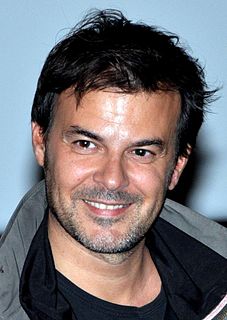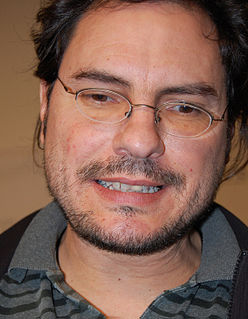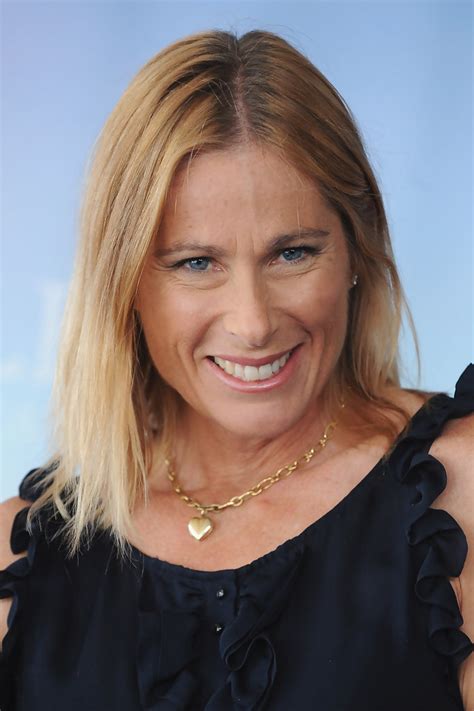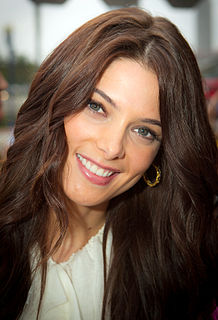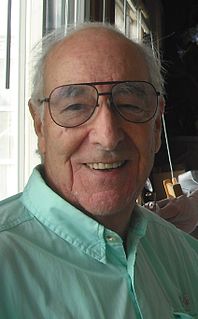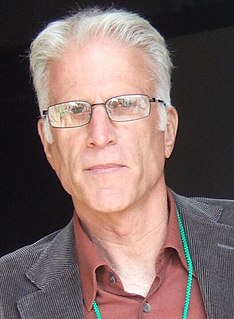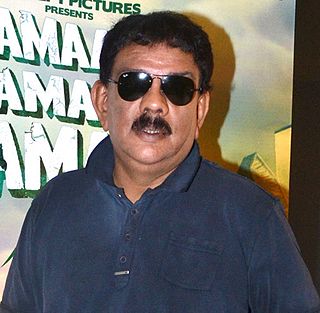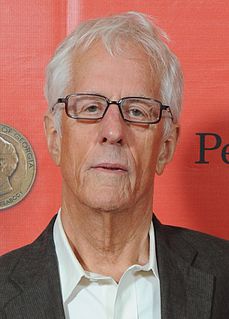A Quote by Francois Ozon
I didn't want to make Young and Beautiful as very dramatic movie . In a certain way, I wanted to do a girly film. I wanted to make something sweet, pink. With a boy it was too dramatic and too heavy. I had a lot of pleasure with the boys in In the House, I said, "This time I will do a film with girls."
Related Quotes
The first idea of Young and Beautiful was to have a young boy and to explore the sexuality of boys. But, I realized, with a boy doing prostitution, of course it has to deal with homosexuality. And I had a feeling it was too much for the film, you know, sexuality, prostitution, adolescence ... there were too many films for one film.
When I was writing the script, I knew didn't want to make a sports movie. I was very clear that I wanted to make a sibling rivalry story. So when I was writing the script, the football was getting in the way of the drama. One day, I saw Michael Haneke's Funny Games, which is probably the most violent film I've ever seen - but the violence is off camera. When I finished watching the film, I said, 'Hey, that's what I have to do.' Haneke gave me this solution.
People make films about all kinds of relationships, but they won't do these extremely intense platonic love affairs that happen between young girls. In a way they are more intense than anything else you ever have, and that's what I wanted to make a film about, though it was in the context of a horror film.
I wanted to make a film that wasn't just a biography. When you watched it, you actually felt that you watched a movie, that you had an emotional reaction. In order to do that, I felt that I had to really keep myself emotionally raw while working on the film. I had to feel myself crying, so the audience could be moved, too.
I was really, really, really nervous when I got this role because I did feel it was important to make Alice [Cullen] just as lovable as I read her being on paper and, kind of, full of vitality. In my head she is just this light and breath of fresh air in very dramatic settings - because I feel like we're always extremely dramatic in this film. I wanted people to be able to relate to her.
When I became director of the Metropolitan Museum of Art, it was stodgy, gray, run by elitists. I said, 'Hey, let's kick the thing around.' I wanted to attract young people to the museum. I said, 'Make it hospitable. I want them to come. I want them to make dates, pick up girls, pick up boys - either way; I don't care.'
The very first idea I ever had about making a film... my first thought about ever being a filmmaker was when I was sixteen years old and I wanted to make a Viking movie. And I wanted to make it in old Norse, which I was studying at the time. It's odd because at that age that's a stupidly ridiculous idea 'cause how will I ever be a filmmaker.
I can understand that an audience, buying a ticket to see a picture of mine, wants to see something funny because they feel confident that at least I have a fighting chance to make a funny film when I make a film, whereas if I make a dramatic film there's one chance in a thousand that it's really going to come out great, so I understand how they feel about that and they're completely right.
From the writing stage, I had envisioned a film that would be bright and light, even if the movie addresses adolescent unrest and self-destructive behavior. Talking about adolescence, I wanted to make a very musical film that was also a love story with a sensorial, sensual dimension and which had a strong emotional impact.
